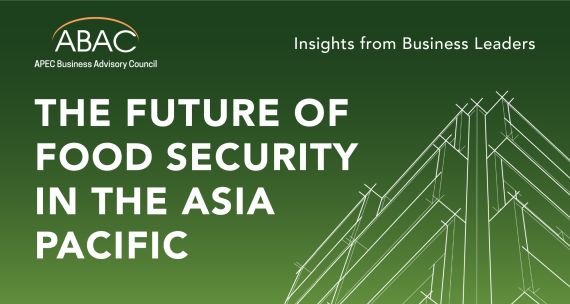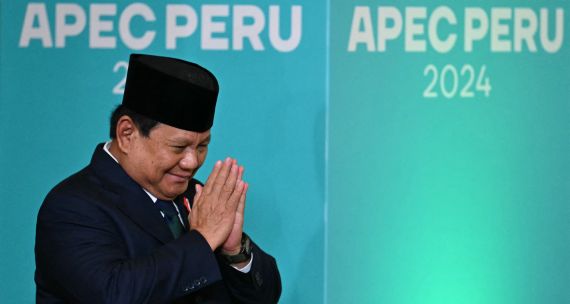At China's 19th Party Congress last month, President Xi Jinping laid out his vision for China taking a dominant role in global affairs. And now, we will turn our attention to Vietnam, where the 2017 Asia-Pacific Economic Co-operation (APEC) conference will welcome leaders from the developing and established Asia-Pacific economies of the future.
As Prime Minister Justin Trudeau heads toward Asia, he must surely be considering Canada's move away from a sole reliance on traditional allies. But how prepared are we for this shift?
The answer is: not nearly prepared enough. A new joint study by the Centre for International Policy Studies at the University of Ottawa and the Munk School of Global Affairs concluded that "relationships with emerging countries" – which include, most prominently, Asia-Pacific countries – "are becoming increasingly important to Canada's prosperity."
The report notes that while Canada's population is becoming increasingly diverse, diversity alone does not automatically translate into the skills and competencies that Canadians will require to succeed in the changing world beyond their doorstep. Currently, among the very small percentage of young Canadians who get international study and work experience, the most popular destinations are also the easiest: Australia, Europe, and the United States.
But destination matters. And rising to the challenge of new cultures today will pay dividends far into the future. As the report notes, "emerging economies" such as China or India should be of equal importance.
The United States and Australia have already come to this realization and have adopted national-level programs that focus on Asia. In the U.S., the "100,000 Strong" initiative, a public-private partnership, was created by the State Department to send 100,000 American students to China over five years. Meanwhile, the "New Colombo Plan" by Australia's Department of Foreign Affairs and Trade has dedicated $100-million (Australian) over five years for study and work programs in the Indo-Pacific. Canada has no equivalent program. We are already a decade behind these "friendly competitors," and the Canadian government must take a larger and more proactive role in helping young Canadians reach out to Asia.
Study and work experience in Asia is a necessary but not sufficient ingredient in developing a truly "Asia competent" cohort of young Canadians. Another vital ingredient is a Kindergarten-to-grade-12 curriculum that builds a foundation of knowledge about Asia, stimulates curiosity, and sparks a desire to learn more about the region. Australia made Asia-based learning one of three cross-curricular priorities, and the U.S. has a network of organizations devoted to curricular and teacher support for teaching about Asia. The Asia Pacific Foundation is piloting such a program in partnership with the B.C. Ministry of Education, but this type of critical change needs to be embraced and endorsed by a wider group of stakeholders across Canada.
Simply going to Asia is not the end goal; the end goal is developing the knowledge, skills and networks that make us coveted international partners, whether on business deals, climate change negotiations or educational collaboration. International experience is an important component, but the knowledge-, skills- and network-building process must start long before students leave for Asia and should continue well after they return. And yet, accumulating anecdotal evidence indicates that we are falling short on both pre-departure preparation and post-return validation.
In particular, many students find that once they return from Asia, there is little appreciation for their experiences, including by prospective employers. They receive insufficient guidance on how to translate their personal and professional growth into attributes that can help Canada both abroad and at home. And they experience few opportunities to connect with other Asia-engaged Canadians in a meaningful and sustained manner.
The Prime Minister has stated on numerous occasions that "Canada is back" and ready to participate on the international stage. In principle, this may be true: Canada, an innovator and fair trader poised with a diverse population, can use the current moment as an opportunity to make our presence known. But the more important question is whether Canadians, particularly young Canadians, are equipped with the knowledge and skills required to maximize these new opportunities in the Asia-centric world of tomorrow.
This piece was first published in The Globe and Mail on November 9, 2017.



